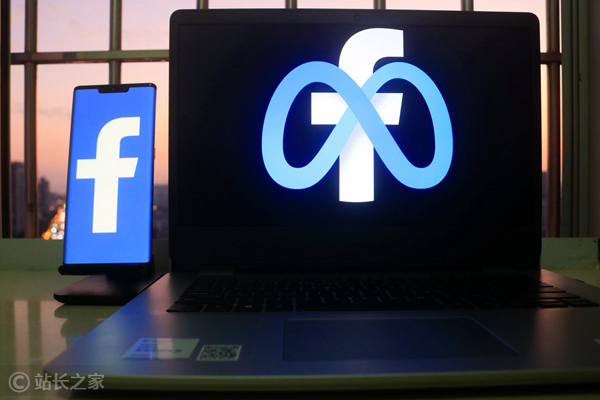Meta Intensifies Crackdown on Copycat Accounts
Meta Takes Stronger Action Against Copycat Accounts
In a significant move to uphold content originality, Meta (parent company of Facebook) has announced enhanced efforts to combat accounts that distribute non-original content on its platforms. These accounts often repost others' text, images, or videos without adding creative value. This initiative follows Meta's earlier removal of approximately 10 million fake accounts impersonating prominent creators this year.
Targeting Spam and Fake Interactions
Alongside cracking down on copycats, Meta has taken action against 500,000 accounts engaged in spam behavior or fake interactions. Measures include:
- Reducing visibility of comments from these accounts
- Limiting the reach of their content
- Blocking monetization opportunities
Notably, users who engage with others' content for reactions or trends—such as creating reaction videos—will not face penalties. Meta's focus remains on fake accounts systematically reposting others' work.

Protecting Original Creators
To safeguard creator rights, Facebook will now:
- Reduce distribution of duplicate videos to ensure original creators receive proper views and credit
- Test a new system that provides links to original content when users watch copied versions
These steps underscore Meta's growing commitment to content copyright protection in the digital ecosystem.
Addressing AI-Generated Content Challenges
The rapid rise of AI tools has flooded platforms with low-quality content—often dubbed "AI garbage." On YouTube, for instance, there's been an influx of videos created through text-to-video AI tools, typically featuring AI voices over static images or clips.
While Meta's latest policy primarily targets duplicate content, it also indirectly tackles AI-generated low-quality material. The company advises creators to prioritize authentic storytelling over simply splicing fragments or watermarking others' content. Meta emphasizes that video descriptions should maintain high quality rather than relying on unedited AI captions.
Implementation Timeline
The new policies will be rolled out gradually, allowing Facebook creators time to adapt. If creators notice reduced content exposure, they can review insights via Facebook's professional dashboard to understand potential reasons.
Key Points:
- Meta is intensifying efforts against accounts sharing non-original content
- 500k spam/fake interaction accounts face reduced visibility and monetization blocks
- New systems will direct viewers to original sources for duplicated videos
- Policies indirectly address challenges posed by AI-generated low-quality content
- Creators advised to focus on authentic storytelling over repurposed material